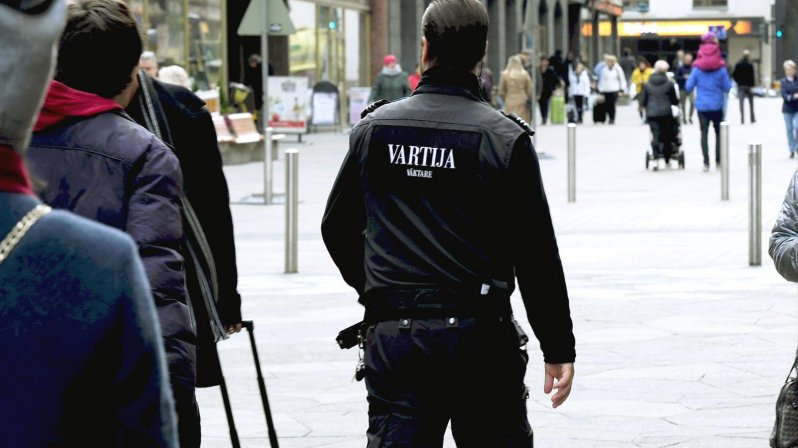Competitiveness pact hours taken out of the new collective agreement for the private security sector
The Executive Committee of Service Union United PAM approved a new collective agreement for the private security sector. One of the elements agreed on is that the extended working hours in the competitiveness pact will be phased out at the end of the year.
The generally binding collective agreement for the private security sector covers around 8000 employees. Wages will increase once over the agreement period. The date when wages go up is 1 March 2021, when a general increase of 3.1% will be made to pay scales and personal wages.
The agreement period of the finalised collective agreement is shorter than 24 months by one month and the agreement period ends on 31 March 2022. This means that in future the collective agreement period of security guards will be more in line with the end date of collective agreement periods in other PAM agreement sectors.
“PAM’s key objective in the negotiations, removal of the competitiveness pact hours, was achieved. For employees this was an absolute precondition for reaching a new collective agreement”, says PAM’s collective bargaining specialist Markku Saikkonen and continues
“We also managed to improve the position of employees who have only been in the sector for a short time if they have to take sick leave due to an accident at work. We also gained clarity on job categories in the pay system.”
Negotiations for the collective agreement in the private security sector were conducted from the end of April. Saikkonen describes the negotiations as difficult but finds the outcome reasonable in the current circumstances.
“The biggest challenge to landing an agreement was to find a solution to ending the extended working hours of the competitiveness pact in a fair way. In these agreements both we and the employers always have our own objectives. The finalised collective agreement is a compromise based on these differing approaches”, Saikkonen says.
It was also agreed in the collective agreement negotiations that the organisations would continue work in the working group on calculating annual holiday pay, with the working group to complete its work no later than 30 September 2020.



